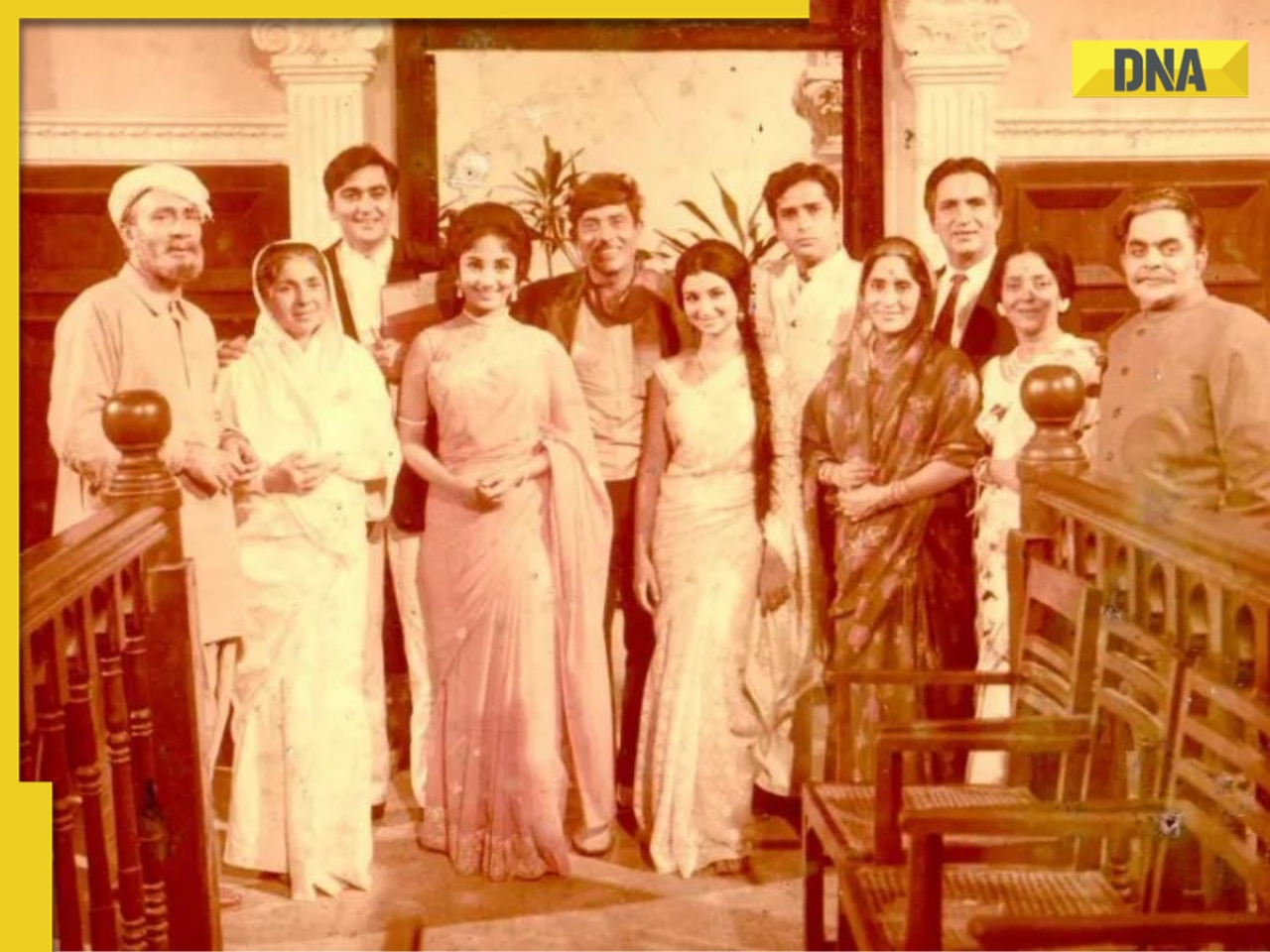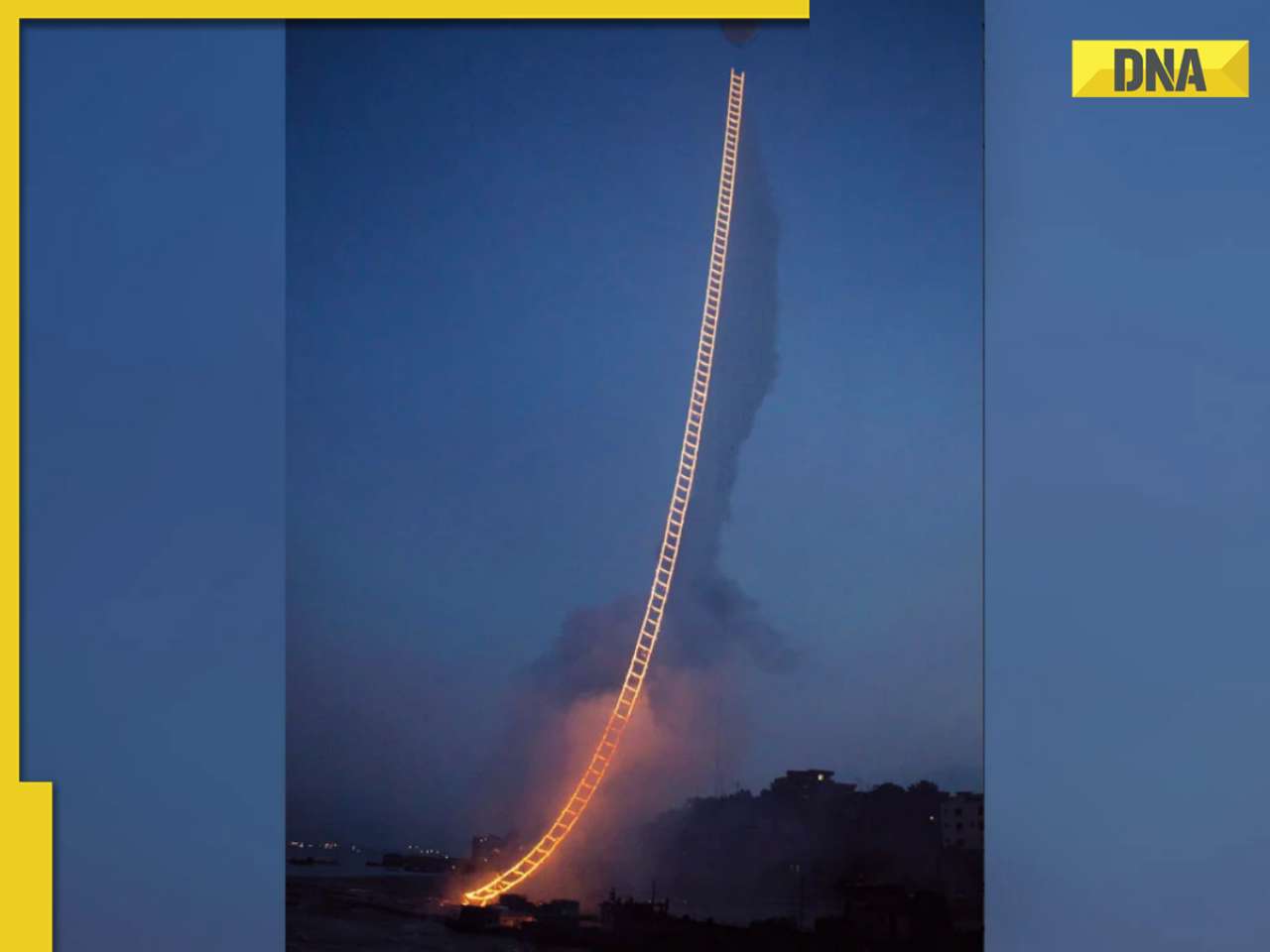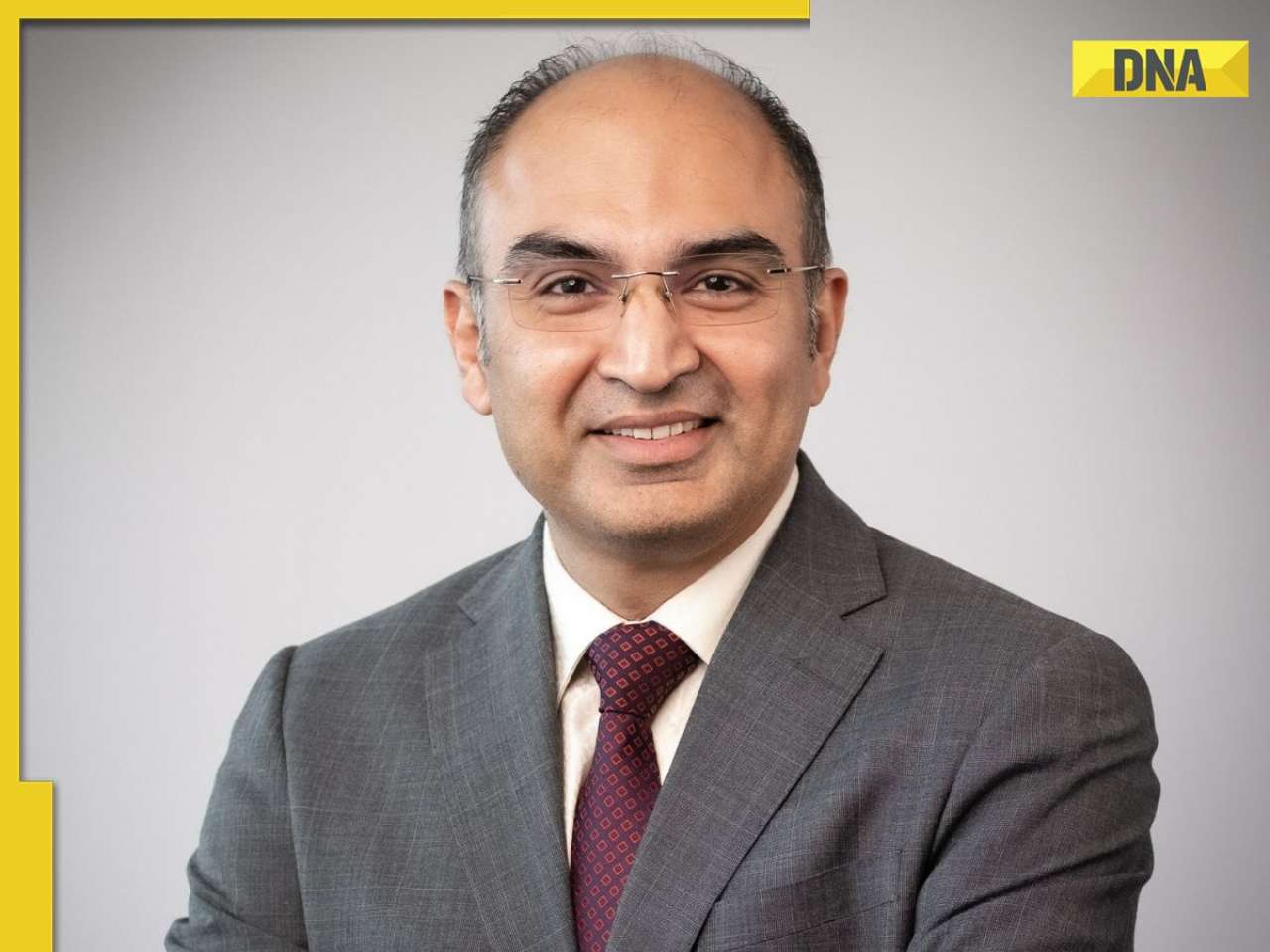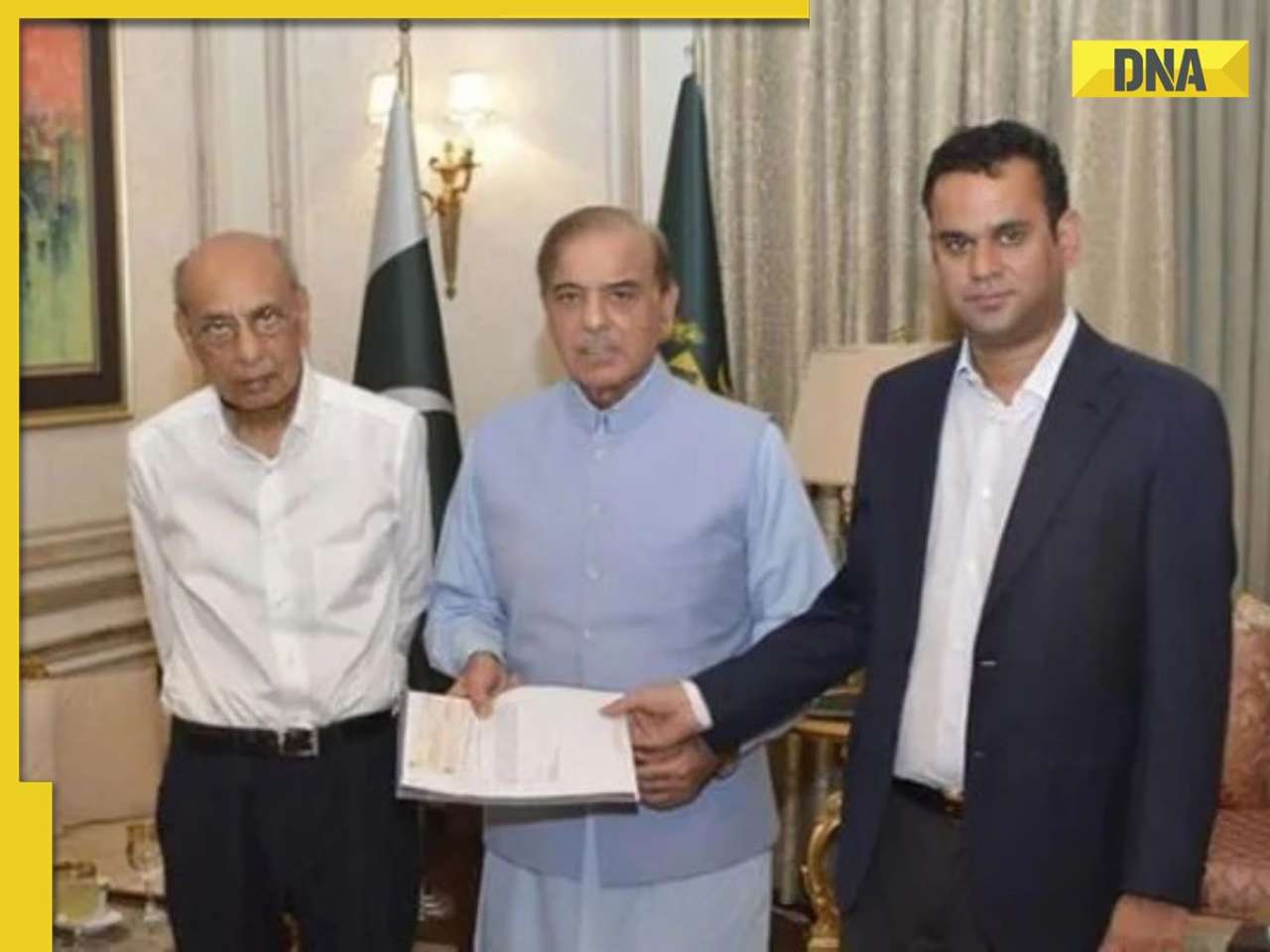A Road Ministry statement said it would soon issue a notification to move to BS VI, while withdrawing its earlier notification of November to advance dates for implementation of BS-V norms to April 1, 2019 and BS-VI norms to April 1, 2021.
In a major step to curb vehicular pollution, India will leapfrog directly from Euro IV emission norms for petrol and diesel to Euro VI standards and the oil PSUs will invest Rs 28,750 crore for the transition.
A decision was taken at an inter-ministerial meeting on Wednesday to advance the date by four years to April 1, 2020 for implementation of Bharat Stage VI (equivalent to Euro VI norms followed globally) for supply of cleaner auto fuel, by altogether skipping the Euro V grade norms.
At the meeting Transport Minister Nitin Gadkari, Oil Minister Dharmendra Pradhan, Heavy Industries Minister Anant Geete and Environment Minister Prakash Javadekar sorted out issues over the implementation schedule. The decision has been taken at a time when an intense debate is going on rising level of pollution, while an innovative odd-even formula is being tried in the National Capital to check vehicular pollution.
India currently has Bharat Stage-III, equivalent of Euro-III specifications, across the country and BS-IV in major cities. BS-IV will be supplied in most big cities by April 2016 and all over the country from April 2017.
While Auto Fuel Policy had recommended implementation of BS-VI norms by 2024, Pradhan in October 2015 stated that his ministry will go straight from BS-IV to BS-VI by 2020 as there was not much difference in specifications of Euro-V and Euro-VI fuel.
However, the Transport Ministry in a draft notification in November put the date for supply of BS-VI fuel at April 1, 2021.
"Government has decided to leapfrog from BS-IV to BS-VI directly by April 1, 2020. We have decided to skip BS V emission norms. It is a bold decision and a commitment to environment," Gadkari told PTI after the meeting.
All the other ministries have assured cooperation to make the implementation successful, he added.
Pradhan said oil PSUs will invest about Rs 28,750 crore for switching over to BS-VI auto fuels. "To discuss details of fuel specifications and other relevant issues of BS-VI auto fuels, a group of concerned secretaries will be formed which will give its report within two weeks."
BS-IV fuels contain 50 parts per million (ppm) sulphur, while BS-V and BS-VI grade fuel will have 10 ppm sulphur. "I appeal to automobile manufacturers to cooperate in this in the larger interest of the country," Gadkari said.
Automobile industry body SIAM, which has been opposing the skipping of BS V to jump to BS VI, said it would comment only after seeing the notification.
A Road Ministry statement said it would soon issue a notification to move to BS VI, while withdrawing its earlier notification of November to advance dates for implementation of BS-V norms to April 1, 2019 and BS-VI norms to April 1, 2021.
"The Ministry is also sure that the Indian Automobile industry with its technical competence and commitment to environment will rise to the occasion and support the decision," it said.
Currently, BS-IV auto fuels are being supplied in whole of northern India covering J&K, Punjab, Haryana, Himachal Pradesh, Uttarakhand, Delhi, parts of Rajasthan and western UP. The rest of the country has BS-III grade fuel.
From April 1, 2016, all of Goa, Kerala, Karnataka, Telangana, Odisha, Union Territories of Daman and Diu, Dadra and Nagar Haveli and Andaman & Nicobar will get BS-IV fuel. The rest of the country will get supplies of BS-IV fuel from April 1, 2017.
"Keeping in view the environmental impact, rising pollution levels and consequent health hazards due to vehicular pollution, Ministry of Petroleum & Natural Gas is of the view that the country should switch over directly from BS-IV to BS-VI fuel standards," Pradhan said.
The development comes at a time when air pollution, especially in the Capital, has become a major issue. While Delhi is currently observing odd-even scheme, Supreme Court has cracked down on diesel vehicles by banning registration of diesel cars and SUVs with engines above 2,000 cc.
![submenu-img]() House of the Dragon season 2 trailer: Rhaenyra wages an unwinnable war against Aegon, Dance of the Dragons begins
House of the Dragon season 2 trailer: Rhaenyra wages an unwinnable war against Aegon, Dance of the Dragons begins![submenu-img]() Panchayat season 3 trailer: Jitendra Kumar returns as sachiv, Neena, Raghubir get embroiled in new political tussle
Panchayat season 3 trailer: Jitendra Kumar returns as sachiv, Neena, Raghubir get embroiled in new political tussle![submenu-img]() Apple partners up with Google against unwanted tracker, users will be alerted if…
Apple partners up with Google against unwanted tracker, users will be alerted if…![submenu-img]() Meet actress whose debut film was superhit, got married at peak of career, was left heartbroken, quit acting due to..
Meet actress whose debut film was superhit, got married at peak of career, was left heartbroken, quit acting due to..![submenu-img]() Who is the real owner of Delhi's Connaught Place and who collects rent from here?
Who is the real owner of Delhi's Connaught Place and who collects rent from here?![submenu-img]() Meet man who is 47, aspires to crack UPSC, has taken 73 Prelims, 43 Mains, Vikas Divyakirti is his...
Meet man who is 47, aspires to crack UPSC, has taken 73 Prelims, 43 Mains, Vikas Divyakirti is his...![submenu-img]() IIT graduate gets job with Rs 100 crore salary package, fired within a year, he is now working as…
IIT graduate gets job with Rs 100 crore salary package, fired within a year, he is now working as…![submenu-img]() Goa Board SSC Result 2024: GBSHSE Class 10 results to be out today; check time, direct link here
Goa Board SSC Result 2024: GBSHSE Class 10 results to be out today; check time, direct link here![submenu-img]() CUET-UG 2024 scheduled for tomorrow postponed for Delhi centres; check new exam date here
CUET-UG 2024 scheduled for tomorrow postponed for Delhi centres; check new exam date here![submenu-img]() Meet man who lost eyesight at 8, bagged record-breaking job package at Microsoft, not from IIT, NIT, VIT, his salary is…
Meet man who lost eyesight at 8, bagged record-breaking job package at Microsoft, not from IIT, NIT, VIT, his salary is…![submenu-img]() DNA Verified: Is CAA an anti-Muslim law? Centre terms news report as 'misleading'
DNA Verified: Is CAA an anti-Muslim law? Centre terms news report as 'misleading'![submenu-img]() DNA Verified: Lok Sabha Elections 2024 to be held on April 19? Know truth behind viral message
DNA Verified: Lok Sabha Elections 2024 to be held on April 19? Know truth behind viral message![submenu-img]() DNA Verified: Modi govt giving students free laptops under 'One Student One Laptop' scheme? Know truth here
DNA Verified: Modi govt giving students free laptops under 'One Student One Laptop' scheme? Know truth here![submenu-img]() DNA Verified: Shah Rukh Khan denies reports of his role in release of India's naval officers from Qatar
DNA Verified: Shah Rukh Khan denies reports of his role in release of India's naval officers from Qatar![submenu-img]() DNA Verified: Is govt providing Rs 1.6 lakh benefit to girls under PM Ladli Laxmi Yojana? Know truth
DNA Verified: Is govt providing Rs 1.6 lakh benefit to girls under PM Ladli Laxmi Yojana? Know truth![submenu-img]() Ananya Panday stuns in unseen bikini pictures in first post amid breakup reports, fans call it 'Aditya Roy Kapur's loss'
Ananya Panday stuns in unseen bikini pictures in first post amid breakup reports, fans call it 'Aditya Roy Kapur's loss'![submenu-img]() Remember Harsh Lunia? Just Mohabbat child star, here's how former actor looks now, his wife is Bollywood's popular...
Remember Harsh Lunia? Just Mohabbat child star, here's how former actor looks now, his wife is Bollywood's popular...![submenu-img]() Mother's Day 2024: Bollywood supermoms who balance motherhood, acting, and run multi-crore businesses
Mother's Day 2024: Bollywood supermoms who balance motherhood, acting, and run multi-crore businesses![submenu-img]() Rocky Aur Rani's Golu aka Anjali Anand shocks fans with drastic weight loss without gym, says fitness secret is...
Rocky Aur Rani's Golu aka Anjali Anand shocks fans with drastic weight loss without gym, says fitness secret is...![submenu-img]() In pics: Ram Charan gets mobbed by fans during his visit to Pithapuram for ‘indirect campaign’ for uncle Pawan Kalyan
In pics: Ram Charan gets mobbed by fans during his visit to Pithapuram for ‘indirect campaign’ for uncle Pawan Kalyan![submenu-img]() Haryana Political Crisis: Will 3 independent MLAs support withdrawal impact the present Nayab Saini led-BJP government?
Haryana Political Crisis: Will 3 independent MLAs support withdrawal impact the present Nayab Saini led-BJP government?![submenu-img]() DNA Explainer: Why Harvey Weinstein's rape conviction was overturned, will beleaguered Hollywood mogul get out of jail?
DNA Explainer: Why Harvey Weinstein's rape conviction was overturned, will beleaguered Hollywood mogul get out of jail?![submenu-img]() What is inheritance tax?
What is inheritance tax?![submenu-img]() DNA Explainer: What is cloud seeding which is blamed for wreaking havoc in Dubai?
DNA Explainer: What is cloud seeding which is blamed for wreaking havoc in Dubai?![submenu-img]() DNA Explainer: What is Israel's Arrow-3 defence system used to intercept Iran's missile attack?
DNA Explainer: What is Israel's Arrow-3 defence system used to intercept Iran's missile attack?![submenu-img]() House of the Dragon season 2 trailer: Rhaenyra wages an unwinnable war against Aegon, Dance of the Dragons begins
House of the Dragon season 2 trailer: Rhaenyra wages an unwinnable war against Aegon, Dance of the Dragons begins![submenu-img]() Panchayat season 3 trailer: Jitendra Kumar returns as sachiv, Neena, Raghubir get embroiled in new political tussle
Panchayat season 3 trailer: Jitendra Kumar returns as sachiv, Neena, Raghubir get embroiled in new political tussle![submenu-img]() Meet actress whose debut film was superhit, got married at peak of career, was left heartbroken, quit acting due to..
Meet actress whose debut film was superhit, got married at peak of career, was left heartbroken, quit acting due to..![submenu-img]() 'Ek actress 9 log saath leke...': Farah Khan criticises entourage culture in Bollywood
'Ek actress 9 log saath leke...': Farah Khan criticises entourage culture in Bollywood![submenu-img]() Bollywood’s 1st multi-starrer had 8 stars, makers were told not to cast Kapoors; not Sholay, Nagin, Shaan, Jaani Dushman
Bollywood’s 1st multi-starrer had 8 stars, makers were told not to cast Kapoors; not Sholay, Nagin, Shaan, Jaani Dushman![submenu-img]() Who is the real owner of Delhi's Connaught Place and who collects rent from here?
Who is the real owner of Delhi's Connaught Place and who collects rent from here?![submenu-img]() Viral video: Chinese artist's flaming 'stairway to heaven' stuns internet, watch
Viral video: Chinese artist's flaming 'stairway to heaven' stuns internet, watch![submenu-img]() Video: White House plays 'Sare Jahan Se Achha Hindustan Hamara" at AANHPI heritage month celebration
Video: White House plays 'Sare Jahan Se Achha Hindustan Hamara" at AANHPI heritage month celebration![submenu-img]() Viral video: Bear rides motorcycle sidecar in Russia, internet is stunned
Viral video: Bear rides motorcycle sidecar in Russia, internet is stunned![submenu-img]() Driver caught on camera running over female toll plaza staff on Delhi-Meerut expressway, watch video
Driver caught on camera running over female toll plaza staff on Delhi-Meerut expressway, watch video





































)
















)
)
)
)
)
)